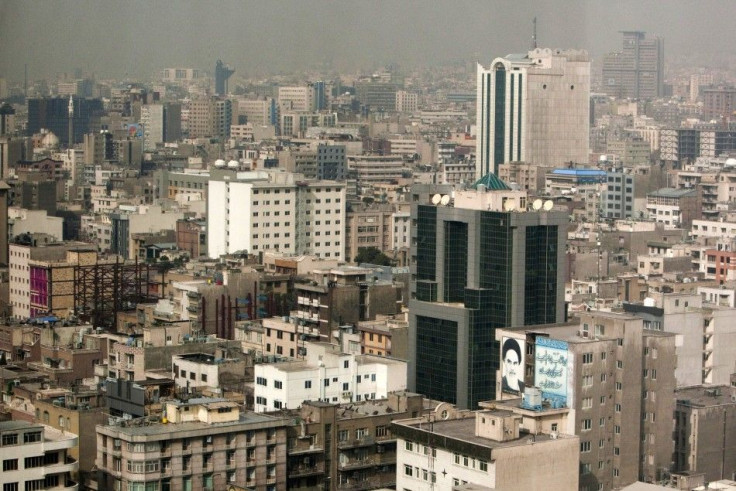Non-Aligned Movement Summit Kicks Off In Tehran: An Alternative United Nations?

The 16th summit of the Non-Aligned Movement kicked off in Tehran on Sunday with Iranian Foreign Minister Ali Akbar Salehi delivering an opening speech to set the tone for the controversial conference, which will run through Friday.
Salehi took the opportunity to criticize the United Nations, arguing that the neutrality of the world organization is compromised by the inordinate power assigned to the five permanent members of the Security Council: Russia, China, France, the United Kingdom and the United States.
"Creating a more democratic Security Council should be considered an important part of U.N. reforms," said Salehi, according to the Associated Press.
The insinuation is that the Non-Aligned Movement could become a useful alternative in matters of global peacekeeping.
NAM is a group of 120 member countries, 17 observer countries and 10 member organizations, including the African Union and the Arab League. It was founded in 1961, in the middle of the Cold War, by leaders of nations seeking to abstain from taking sides in the global conflict between the West and the Soviet Union.
The groups' stated purpose was to give greater voice to the world's developing countries in order to promote peace and head off the potential for nuclear warfare between the world's superpowers.
Leadership of the body is rotational, so no one member state wields permanent control. Beginning on Sunday, Iran assumes a three-year period of chairmanship. NAM will now be headed by Iranian President Mahmoud Ahmadinejad.
For the West, the timing couldn't be worse. The United States, Israel and their allies are currently enforcing heavy economic sanctions against Iran; they seek to convince the Islamic Republic to abandon its nuclear technology program, arguing that the regime's ultimate goal is to produce nuclear weapons. Tehran argues that it seeks to use nuclear power for peaceful purposes only.
More hawkish members of the Israeli government have been calling for a pre-emptive military strike against Iran, while the United States continues to push for diplomatic isolation. But Iran's current position as the leader of NAM will make it more difficult for the West to sequester the Islamic Republic into submission.
Salehi's Sunday comments were in line with Tehran's official disavowal of the pursuit of nuclear weaponry, and with the goals of NAM, which has long made non-nuclear proliferation one of its main talking points.
"We believe that the timetable for ultimate removal of nuclear weapons by 2025, which was proposed by NAM, will only be realized if we follow up decisively," he said.
Salehi also censured Israel because it is not a member of the UN Treaty on the Non-Proliferation of Nuclear Weapons, despite the fact that it is universally assumed to possess hundreds of nuclear weapons.
But North Korea, which has tested two nuclear devices already, has sent its Foreign Minister Paek Nam Sun to the summit. North Korea withdrew from the Non-Proliferation Treaty in 2003.
Summit attendees will also address the bloody civil war that has raged for nearly 18 months in Syria, pitting rebel forces of the Free Syrian Army against the oppressive regime of Syrian President Bashar al-Assad. No representatives of rebel forces will be present at the summit, as Tehran is closely allied to the Assad regime.
One of the NAM summit's touchiest conflicts -- the question over Palestinian representation -- may come to a head on Monday.
The Palestinian territories are run by two separate administrative bodies. Hamas, considered a terrorist group by Israel and the United States, runs the Gaza strip. Fatah, a more moderate organization, controls the Palestinian Authority on the West Bank.
Fatah leader and Palestinian Authority President Mahmoud Abbas, who considers himself the more legitimate representative of the Palestinian territories and is generally -- though not always officially -- recognized as such by most of the West, has said he will not attend the summit if Hamas leader Ismail Haniyeh is invited.
According to the Associated Press, Haniyeh's office has sent word that he will make the trip to Tehran on Monday. Abbas' Foreign Minister Riad Malki is scheduled to do the same.
Iranian news outlets have reported that Haniyeh is not invited.
© Copyright IBTimes 2024. All rights reserved.






















